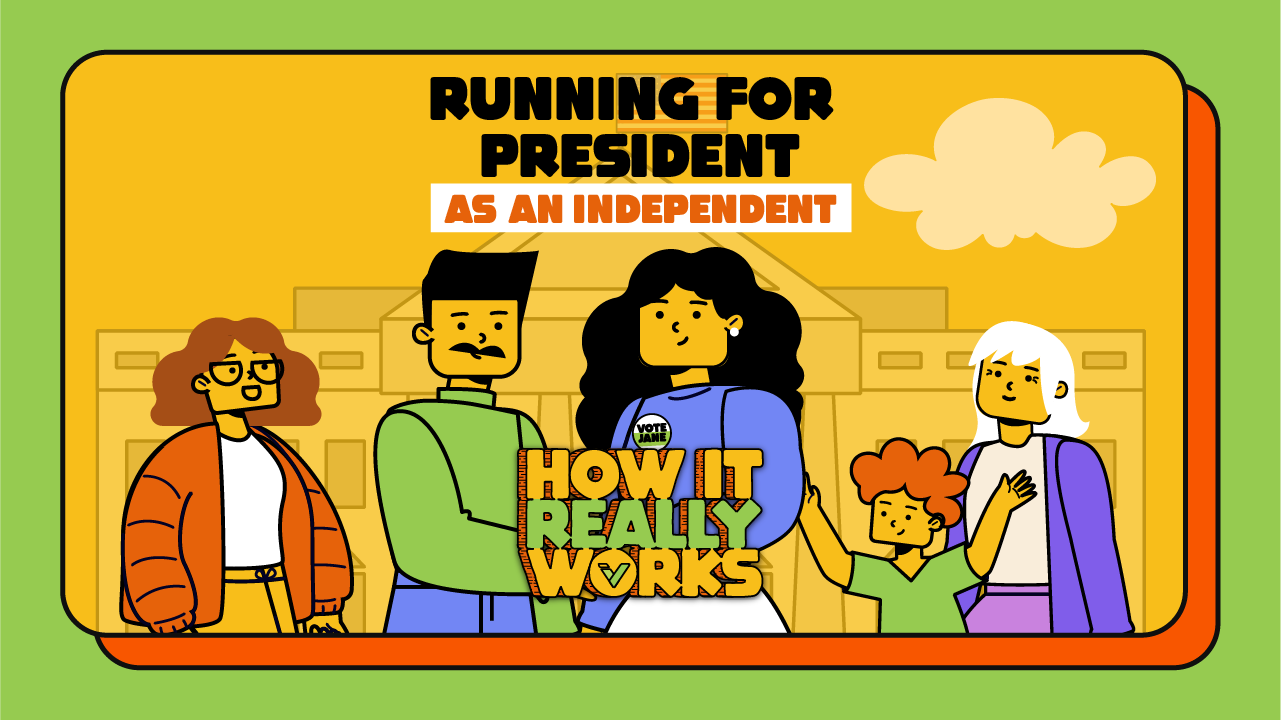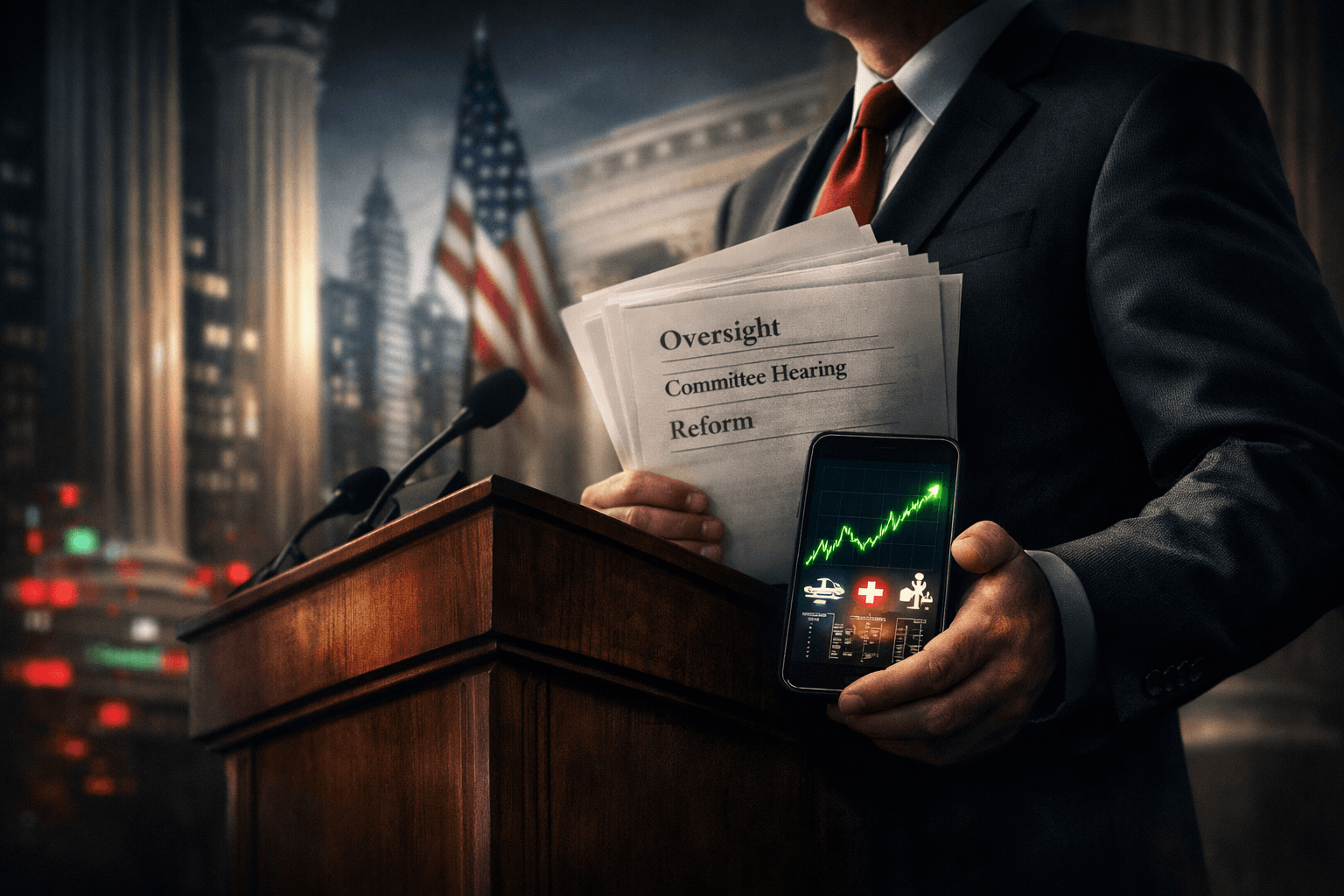The Silent Giant: How Surging Interest Payments Could Gut America’s Future

WASHINGTON, D.C. - Members of Congress continue to debate the “One, Big, Beautiful Bill Act” (OBBBA), a budget reconciliation bill backed by President Donald Trump addressing federal spending on entitlement programs, defense, energy, as well as tax policy.
The OBBBA offers Americans popular tax relief:
- It makes tax cuts passed in 2017 permanent.
- It includes deductions on tips, overtime pay, car loan interest, and Social Security benefits for seniors earning less than $75,000.
- It increases the child tax credit to $2,500 through 2028.

Budget hawks warn that these tax benefits will come at the expense of $3.3 trillion to $5.2 trillion added to the national debt through 2034. However, the Committee for a Responsible Federal Budget (CRFB) warns there is a quieter crisis behind the scenes: the interest paid on that debt.
Analysis from the CRFB warns that interest payments — the cost of simply borrowing and maintaining existing debt — are poised to become one of the largest and fastest-growing items in the federal budget.
The New Budget Goliath?
If interest rates remain elevated, as they have been in recent months (the 10-year Treasury yield hit 4.5% this week), the federal government could spend $15.7 trillion on interest between 2025 and 2034. That’s $2.7 trillion more than previously projected.
According to the CRFB, by 2034:
Annual interest payments will more than double, jumping from $973 billion in 2025 to $2.2 trillion.
Interest costs will consume 29% of all federal revenue, crowding out investments in core national priorities.
Interest will become the second-largest federal program, larger than Medicare or defense, and nearly the size of Social Security.
“This is a profound shift,” said a CRFB spokesperson. “We're not talking about investments in infrastructure, education, or healthcare. We’re talking about money the government will spend just to stand still — just to service existing debt.”
Why Voters Should Pay Attention
While fiscal experts like to throw out deficit and debt figures, what voters may be more concerned about is that no matter what they think government should spend taxpayers' money on -- it may end up taking a hit in the long-run.
Every dollar spent on interest is a dollar not spent on schools, clean water, roads, medical research, or military readiness. The CRFB notes that If interest payments reach nearly a third of all government revenue, as projected, Congress may have to rescind popular tax breaks.
Lawmakers will either have to raise taxes, cut popular programs, or allow debt and deficits to spiral even further -- none of which will go over well with voters.
Treasury Secretary Scott Bessent has asserted that annual deficits must be reduced to 3% of GDP to stabilize the debt. But under the OBBBA, deficits would increase to 7% of GDP by 2027 — and even higher if temporary provisions are extended.
This means that over time an ever-larger portion of the federal budget will have to go to debt services, reducing the government's ability to invest in future growth or respond to new challenges, such as a national emergency.
The debate over the House reconciliation bill isn't just about tax cuts or retirement reform. It's about whether the US will be able to invest in itself in the years to come — or whether the rising cost of interest will crowd out America’s future.
The national debt is given some lip service on the campaign trail but isn't something that many Americans think about when they cast their ballots each election cycle. However, this could change if interest rates become a more visible problem.
 Shawn Griffiths
Shawn Griffiths






